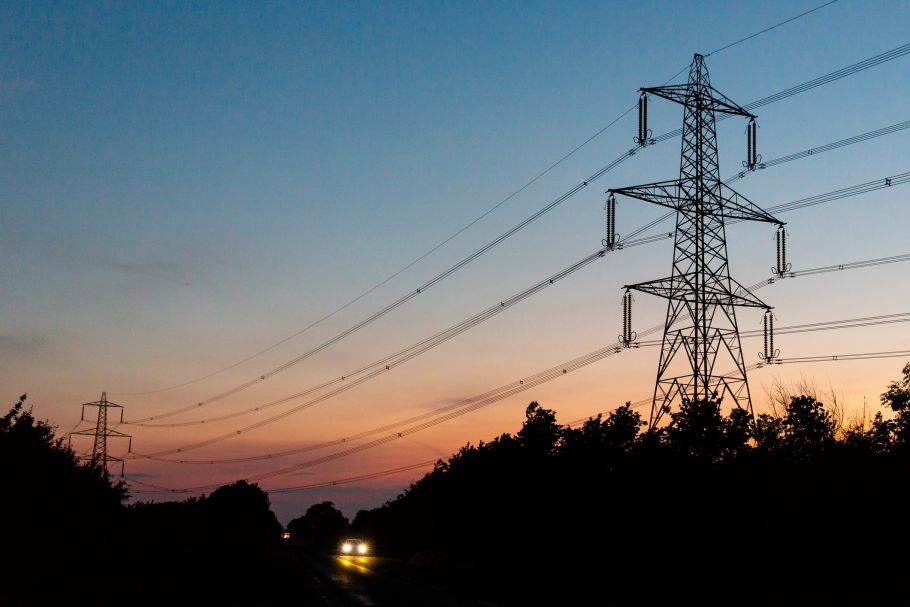
Contributors: Paul Young, Colin Bathgate
Date published: 7 March 2024
Renewables suppliers must mitigate risk from crisis in the Red Sea
Since 19 October 2023, the Yemini Houthi rebel group have been attacking vessels transiting the Bab el-Mandab Strait en route to the Suez Canal. Due to the risks of transiting through the Red Sea, many vessels divert around the Cape of Good Hope, thus adding significantly to the sailing time.
One sector that is potentially exposed more than others, is renewable energy. With the vast majority of components across a range of renewable technologies shipped globally, developers, contractors and manufacturers are impacted by the current crisis.
Therefore, what legal options are available to those within the sector if they are impacted by the current crisis?
Supply Contracts
Whether the renewables project to be constructed is a wind farm, solar farm or battery storage project, the supply contract itself should be reviewed.
While the crisis may have satisfied the requirements of a standard Force Majeure (“FM”) clause when the attacks commenced, this has quickly become a known risk and, is now unlikely to meet the standard FM criteria.
It is in the interests of all parties to ensure the allocation of risk is clearly set out in the supply contract. Although a supplier would ordinarily assume the risk of shipping, they should consider building allowances into the contract for the increased time and costs of shipping via the Cape. Conversely for a project owner, while pre-agreeing increased time and costs for the supplier might seem unappealing, in reality, this approach will provide certainty on programme (and ensure that suppliers assume the full risk of any subsequent choice to route via the Red Sea).
Shipping Contract
While the exact terms of a supply contract can’t ordinarily be passed down in full to the shipper, the preferred route should be specified, which should then accord with the programme agreed in the corresponding supply contract.
If the Houthis extend the geographic extent of their attacks, the wartime provisions contained within the shipping contract should be examined to assess what options are available. The commonly used Baltic and International Maritime Council (BIMCO) contracts contain optional clauses relating to acts of war which explicitly provide the Master or Owner of the Vessel with the power to leave an area where war or piracy has developed. While the supplier does not have the power to demand a vessel to alter its route, suppliers should ensure these clauses are entered into their shipping contract to safeguard their cargo – particularly when they take on the risk of shipping under the supply contract.
Conclusion
The key takeaway from the current crisis, from a renewables perspective, is that while existing complex supply chains undoubtedly expose the sector to risks, developers and suppliers ought to take steps to mitigate that risk. Specifically, supply contracts should refer expressly to the current crisis and be clear on risk allocation for this issue. In addition, suppliers and shippers should ensure that a preferred route is specified, and wartime clauses should be inserted into the shipping contract to ensure certainty in the event that the existing crisis escalates.
We’re headline sponsor of All-Energy, the UK’s largest renewable and low-carbon energy exhibition and conference, taking place in Glasgow on 15-16 May. Visit our All-Energy hub to find out more.
Contributors:
Colin Bathgate
Senior Solicitor
To find out more contact us here
Sectors: Clean Energy, Energy and Natural Resources

















